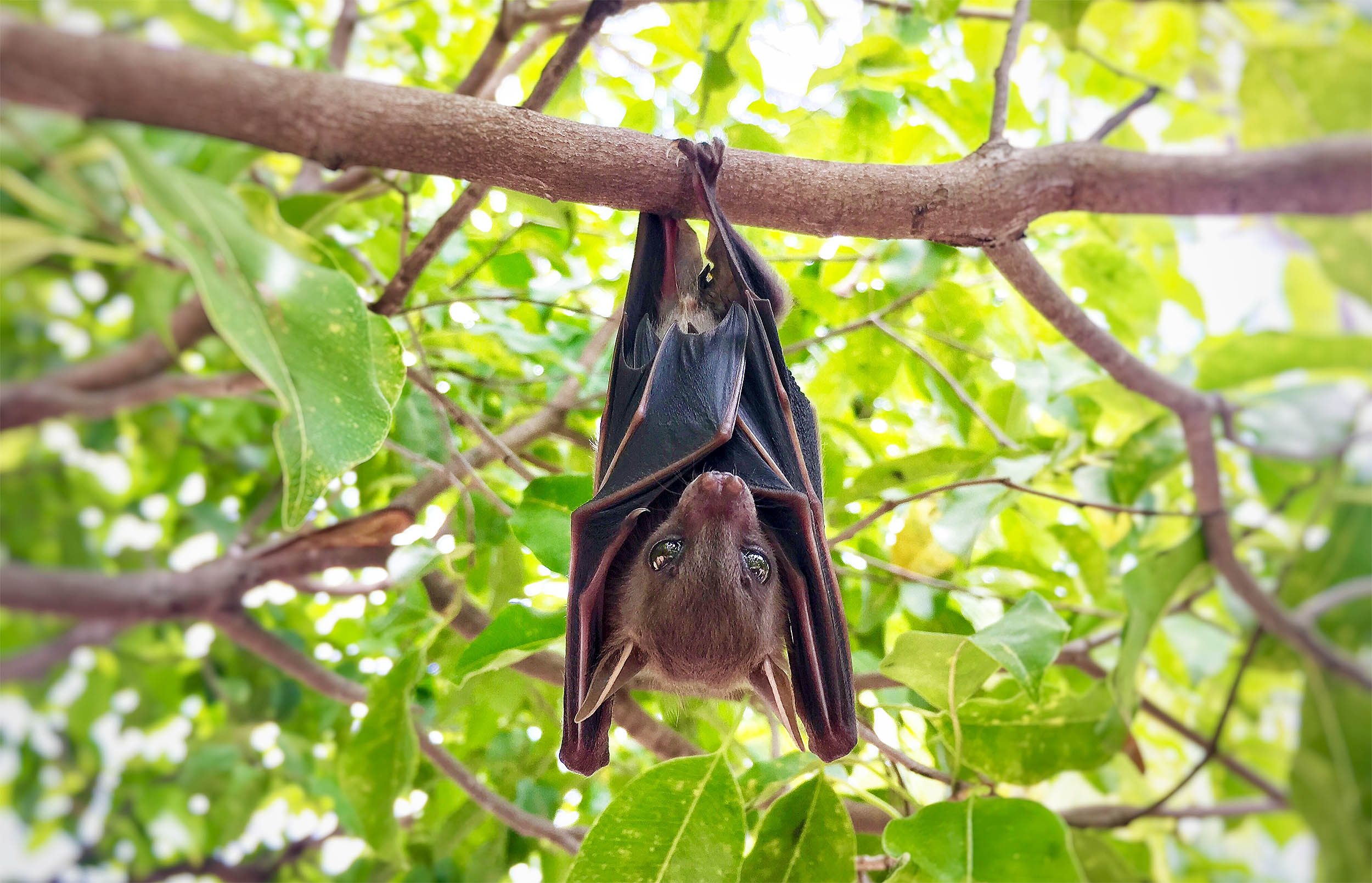Summary
Bats live long, cancer-free lives using extra tumor-fighting genes and stable immune systems. This may unlock new ways to fight aging.
Source: Earth.com

AI News Q&A (Free Content)
Q1: How do bats manage to live long, cancer-free lives?
A1: Bats exhibit remarkable longevity and cancer resistance due to a combination of unique genetic adaptations and stable immune systems. They possess extra tumor-fighting genes and a robust mechanism to deal with DNA damage, which helps them resist cancer despite their long lifespans. This genetic resilience is linked to their ability to harbor viruses without succumbing to disease, offering insights into potential human applications for cancer prevention and longevity enhancement.
Q2: What recent scientific insights have been gained about bat immunity and cancer resistance?
A2: Recent research has revealed that bats have evolved specific genetic adaptations that allow them to suppress cancer. Studies have shown that bats possess newly gained genomic regions related to the regulation of gene activity, some of which are associated with antiviral infection responses. These genetic traits help bats manage viral infections and simultaneously suppress cancer development, highlighting the connection between their immune tolerance and cancer resistance.
Q3: What role do sirtuin proteins play in the longevity and health of mammals, including bats?
A3: Sirtuin proteins, particularly SIRT3, play a crucial role in aging and metabolic regulation. In bats, these proteins are believed to contribute to their exceptional longevity and cancer resistance by regulating stress resistance and cellular repair processes. Sirtuins help maintain DNA integrity and modulate immune responses, which are critical factors in preventing age-related diseases and enhancing lifespan.
Q4: How does the study of bat genomes contribute to our understanding of their cancer resistance?
A4: The study of bat genomes has provided valuable insights into their cancer resistance and longevity. By analyzing the genomes of various bat species, researchers have identified specific genetic factors under positive selection that are linked to cancer suppression. These findings suggest that bats have evolved distinct genetic mechanisms to tolerate viral infections, which also confer protection against cancer. This research opens avenues for exploring similar genetic strategies in humans to combat cancer.
Q5: What are the potential implications of bat genetics research for human health and aging?
A5: Research into bat genetics offers promising implications for human health, particularly in understanding aging and cancer resistance. By uncovering the genetic mechanisms that allow bats to live long, healthy lives, scientists aim to develop novel approaches to enhance human longevity and cancer prevention. This could lead to breakthroughs in medicine, potentially resulting in new therapies that mimic bat-like genetic resilience to combat age-related diseases and improve quality of life.
Q6: What have studies revealed about the relationship between bats' viral tolerance and cancer resistance?
A6: Studies have shown that bats' ability to tolerate viruses is closely linked to their cancer resistance. The same genetic adaptations that enable bats to coexist with viruses without getting sick also help suppress tumor development. This dual capability suggests that the immune regulatory pathways in bats are finely tuned to balance viral control and cancer prevention, providing a unique model for studying disease resistance in mammals.
Q7: How might the genetic adaptations of bats influence future cancer research and treatment strategies?
A7: The genetic adaptations of bats, particularly their tumor-suppressing genes and immune regulation, could significantly influence future cancer research and treatment strategies. By understanding how bats naturally resist cancer, scientists can explore potential genetic therapies or drugs that replicate these mechanisms in humans. This could lead to the development of innovative treatments that enhance immune function and prevent cancer, offering new hope for extending healthy human lifespans.
References:
- Comparative Genomics Provides Insights into Adaptive Evolution and Demographics of Bats
- Published by Oxford University Press on behalf of Society for Molecular Biology and Evolution
- Published: 2024-11-27
- Extensive longevity and DNA virus-driven adaptation in nearctic bats
- Published: 2020-08-21
- Exercise
- Wikipedia
- Sirtuin 3
- Wikipedia
- Effects of drug resistance in the tumour-immune system with chemotherapy treatment
- Published: 2025-06-06
- Cancer model with moving extinction threshold reproduces real cancer data
- Published: 2014-08-04
- Immune Evasion through Competitive Inhibition: the Shielding Effect of non-Stem Cancer Cells
- Published: 2014-08-04




